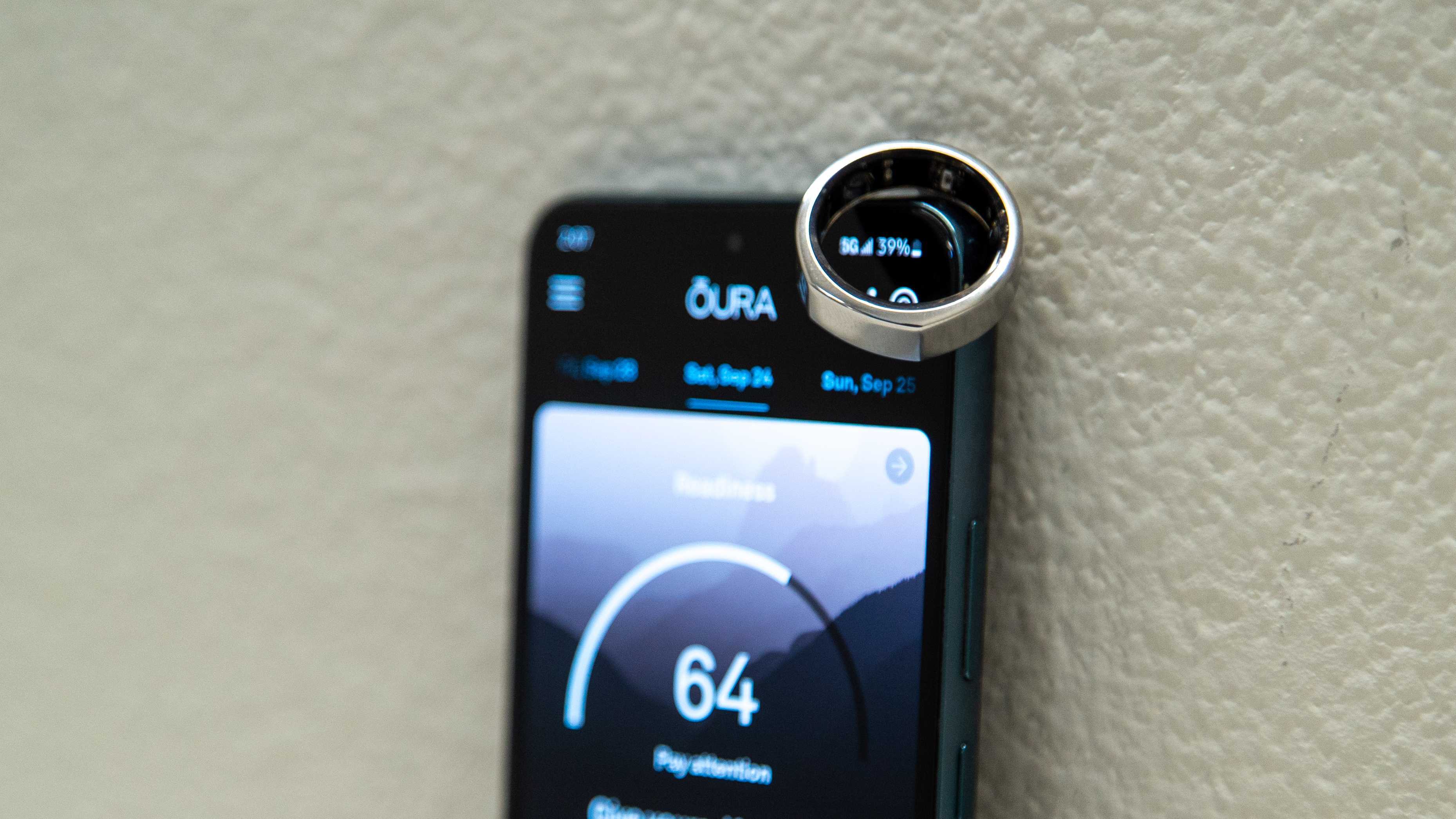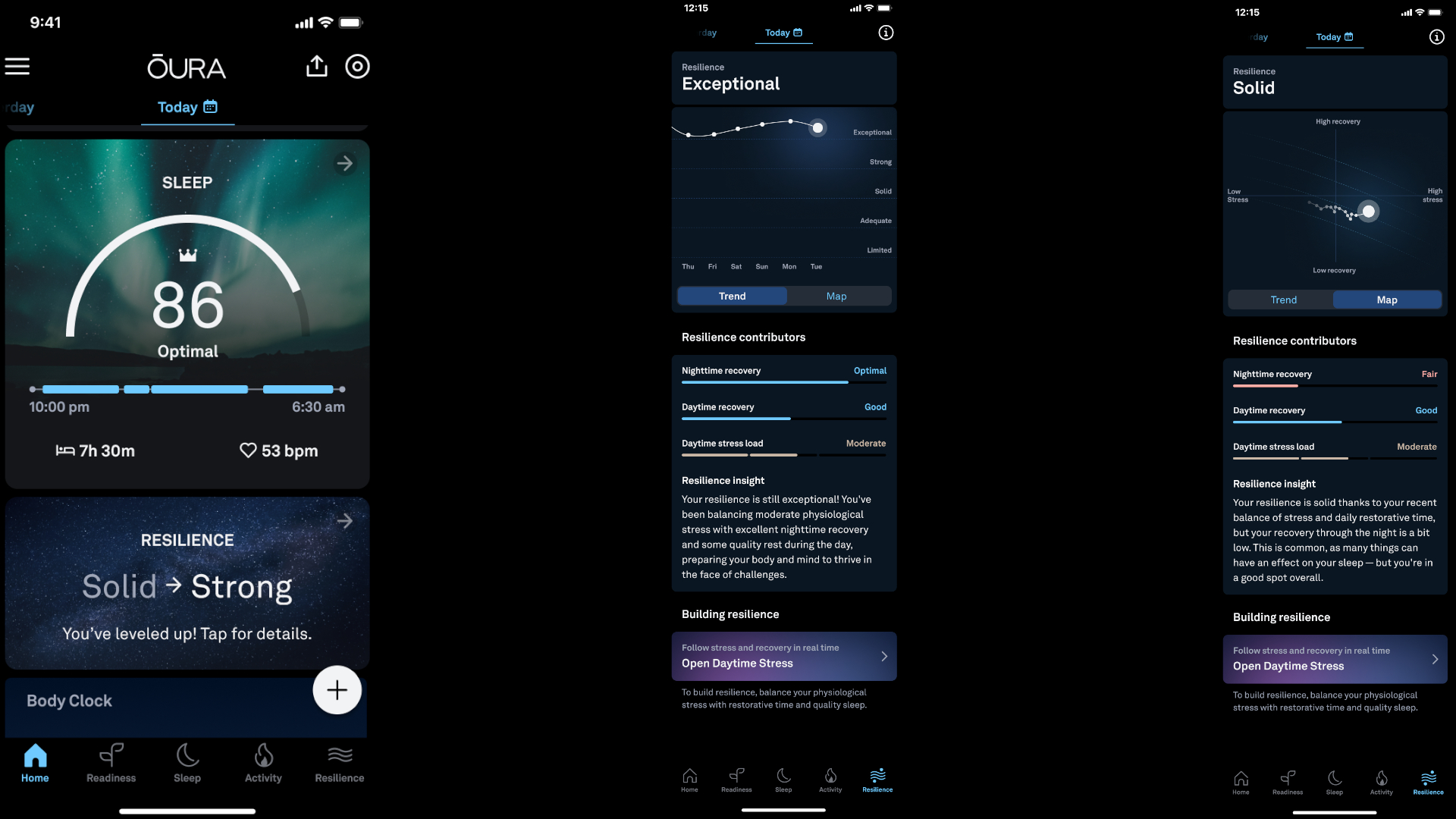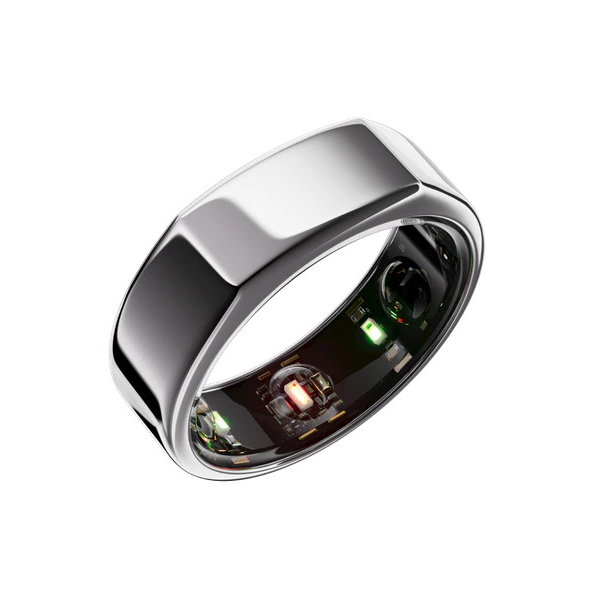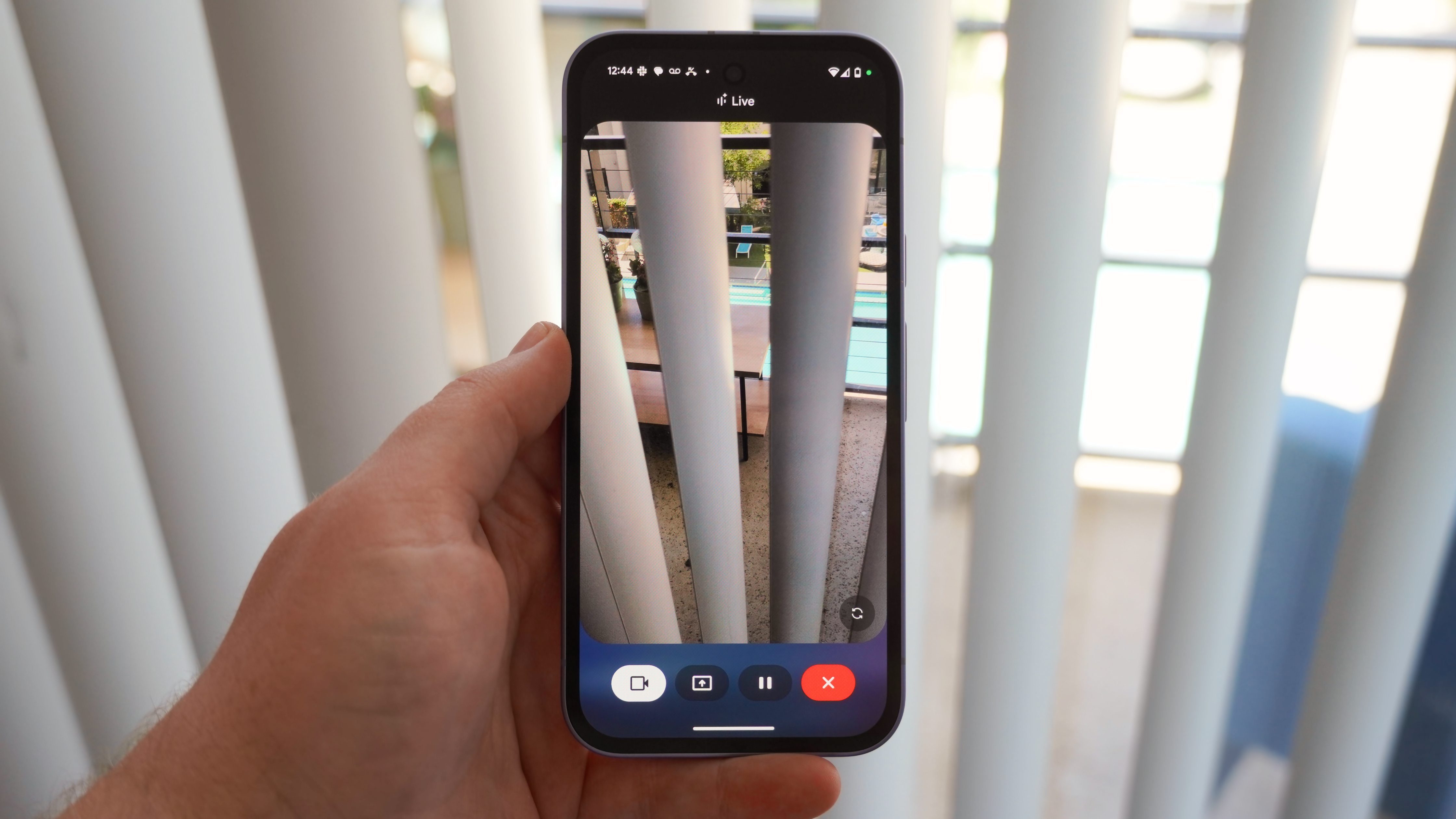Feeling stressed? New Oura Ring 'Resilience' update will help you pinpoint why
The Galaxy Ring rival has a new "Resilience" metric that measures your ability to bounce back from stressful events.

What you need to know
- Oura announced a new "Resilience" metric that assesses your "ability to withstand physiological stress."
- It specifically tracks daytime stress, stress recovery trends during the day, and overnight stress recovery.
- Oura also shared data on when its users typically experience the most stress, and what triggers it.
Oura wants to help you get better at shaking off stressful days. The Oura Ring Gen 3 has a new stress metric called Resilience meant to gauge whether or not your high stress levels are adversely impacting your health and guide you towards better recovery. We spoke to Oura's Head of Science about how it works.
Many smartwatches today measure heart rate variability (HRV). Your heartbeat naturally varies in tempo but takes on a consistent rhythm when exercising or stressed. The Oura Ring Gen 3 measures HRV continuously, helping you pinpoint when, specifically, you're getting overly stressed.
Oura Resilience takes things a step further. Along with your daily "stress load," it gives you a score for your "Nighttime recovery" and "Daytime recovery." While most watches only warn you if you didn't get enough sleep, your Oura app will judge whether your sleep was effective at counterbalancing stress, as well as whether you're setting aside enough time during the day to relax.
You'll then receive daily "insights" on what Oura believes caused your optimal or poor recovery in the Resilience widget, as well as a weekly trend chart for how your recovery compares to past days.

Shyamal Patel, Oura's Head of Science, told us that users can "understand how their behaviors impact their Resilience" by tagging moments like workouts or drinking in the Oura app and then connecting the dots with lower or higher scores.
For instance, it turns out that most Oura Ring wearers "exhibit higher stress durations on Fridays and Saturdays" due to increased activity. The Resilience Map view in the screenshots above will show whether your high-stress days are counterbalanced by high recovery or if your social life is having an adverse effect on your health.
Patel noted that "stress can be beneficial" to your health if it's the right kind of stress, such as workouts or mental challenges like crossword puzzles. He says instead that Resilience is about "learning strategies for managing" stress instead of trying to avoid it fully.
Be an expert in 5 minutes
Get the latest news from Android Central, your trusted companion in the world of Android
If your Oura Ring detects high daytime stress, Patel explains, the app might suggest that you meditate, or go for a walk if you're too sedentary. Or if you're dealing with "sleep latency" worsening your sleep recovery, it will push you to wind down earlier before bedtime.
Your personal Resilience varies based on "biological, social, and environmental factors," Patel notes, but he assures that "healthy decisions" can make anyone more resilient to stress.
Overall, Oura says, its users average about 95.6 minutes of stress per day, with one key factor that massively increases the average: alcohol. Oura claims that users who drink average about 46 more minutes of stress per day. Given that alcohol also affects sleep quality, you're less likely to have "resilient" stress recovery, as well.
We're very interested in testing this feature out for ourselves, to see if it helps mitigate the stresses in our lives. With a major rival coming this year in the Samsung Galaxy Ring, Oura is taking advantage of its remaining time to upgrade what its 3rd-gen ring has to offer.

Petite fitness
The Oura Ring (Gen 3) offers 24/7 heart rate monitoring (including stress data), sleep tracking, skin temperature data, and customized recs for improving your health. With a comfortable design and nearly a week of battery per charge, it's one of the best smart rings out there.

Michael is Android Central's resident expert on wearables and fitness. Before joining Android Central, he freelanced for years at Techradar, Wareable, Windows Central, and Digital Trends. Channeling his love of running, he established himself as an expert on fitness watches, testing and reviewing models from Garmin, Fitbit, Samsung, Apple, COROS, Polar, Amazfit, Suunto, and more.
-
Windroid 2483 Reply
I find that hard to believe. How would a smartwatch distinguish unwanted stress from wanted excitment?AC News said:Most modern smartwatches will tell you when you're stressed
